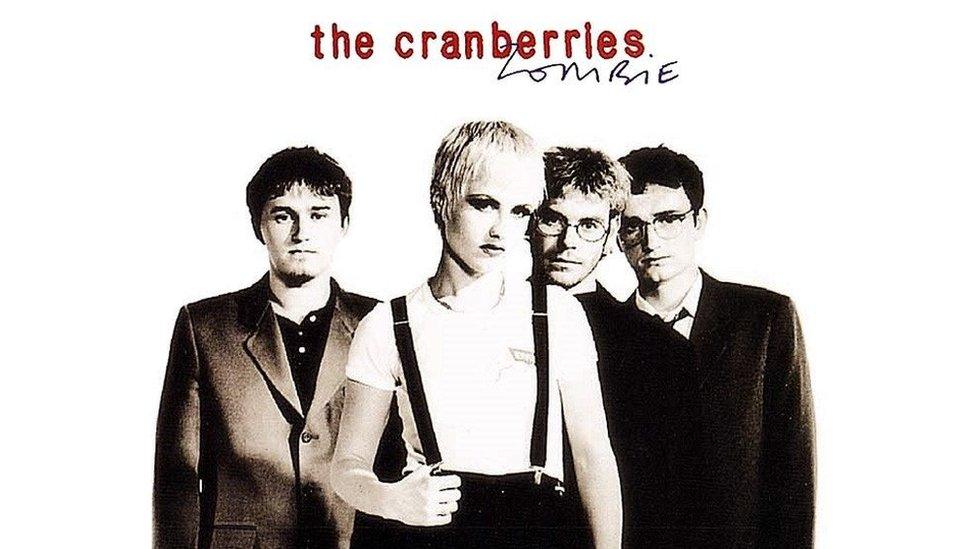The Cranberries on Dolores O'Riordan's swan-song: 'We wanted to finish what we started'
- Published
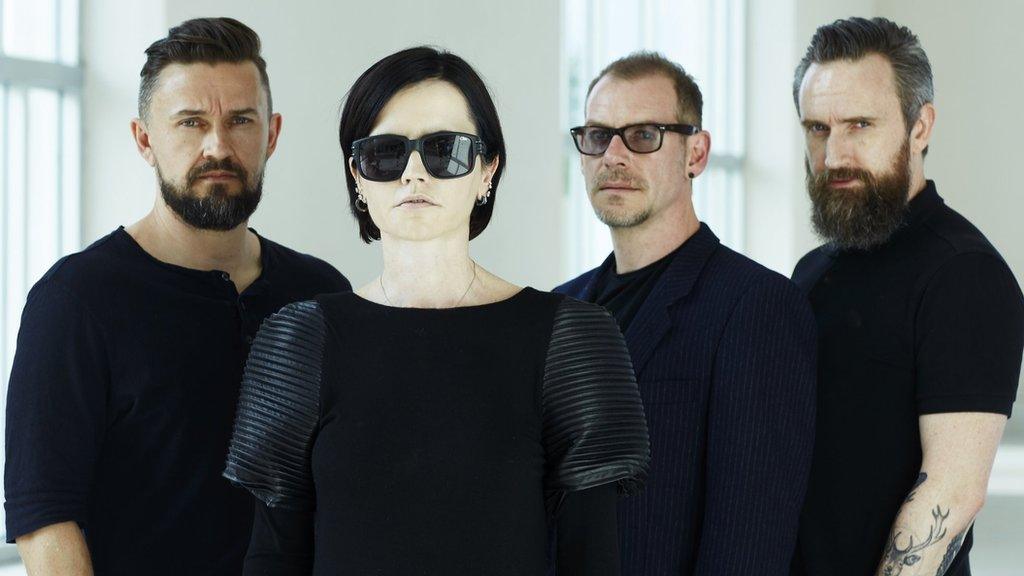
The Cranberries singer Dolores O'Riordan was found dead in January 2018, aged 46
Posthumous albums are a tricky business.
Sometimes an artist will leave behind a great, complete record - like Notorious BIG's Life After Death or Joy Division's Closer.
Others are cobbled together from studio scraps and incomplete demos - think Amy Winehouse's Lioness or Michael Jackson's Xscape.
A third type mines a seemingly infinite vault of archive recordings, as we've seen with Jimi Hendrix, Tupac Shakur and Prince.
All of them face the same pitfall. Try to second-guess the artist's intentions and you can end up making compromises and creative decisions that damage their integrity and legacy.
That's exactly the issue that faced the surviving members of The Cranberries after the untimely death of their singer Dolores O'Riordan last year.
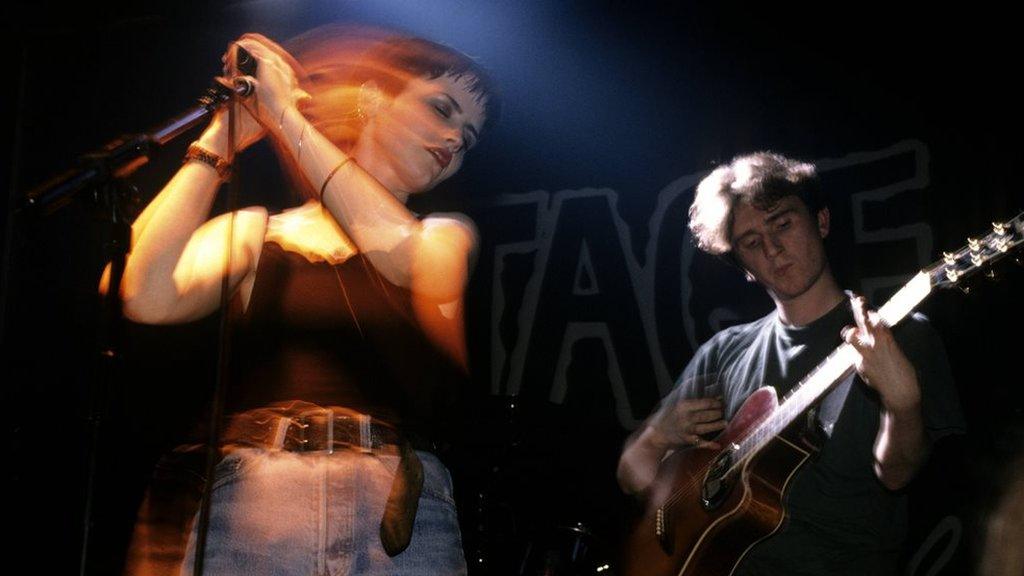
The band were one of the biggest alt-rock acts of the 1990s
Their eighth album was beginning to take shape when the 46-year-old was found drowned in the bath at London's Park Lane Hilton hotel.
She had recorded demos for 11 songs in the preceding months in a flurry of creativity her bandmates sometimes struggled to keep up with.
Her distinctive voice had never sounded better, conveying a mixture of sadness and hope on a collection of songs dealing with themes of loss and moving on.
"She was very excited about the album and very passionate about it, so she really gave it everything on those demos," says guitarist Noel Hogan.
After O'Riordan's funeral in Limerick last January, the band got together to review the new material, "and we started to realise, when you listen to the songs back-to-back, how full a piece of work it was".
With some trepidation, they decided to complete the album - bringing in producer Stephen Street, who had overseen their first two records, to help flesh out the songs.
"We've been very, very careful," says Noel.
"A lot of [posthumous] albums that get released by record companies are a patchwork of this and that… and it just seems like people are cashing in.
"But this was genuinely for the love of it, and to finish what we had started with Dolores."
The result, In The End, is a worthy epitaph - a collection of heartfelt, heartbreaking songs that capture O'Riordan's fragility and fierceness, and resist any temptation towards sentimentality.
"If people think in years to come that it was the four of us in one room, recording this album - that's the best we could hope for," says Noel, who sat down with bassist and youngest brother Mike and drummer Fergal Lawler to discuss the frequently emotional task of putting the record together.
Allow YouTube content?
This article contains content provided by Google YouTube. We ask for your permission before anything is loaded, as they may be using cookies and other technologies. You may want to read Google’s cookie policy, external and privacy policy, external before accepting. To view this content choose ‘accept and continue’.
At the start of 2018, what stage was the album at?
Noel: It was at the demo stage, but obviously we had the vocals, which are the most important thing at that point.
Were her demos always that strong?
Mike: Yes, she gave it everything and that's the way she always was.
It seems like the songs were almost complete.
Noel: That was our stipulation going into the studio - that we wouldn't use any bits and pieces and scrap it together. Because there were a few extra songs that maybe had a bit of a verse or a vocal from a chorus but we didn't want to use those. It would have seemed like we were milking her and that would have been disrespectful.
Going back into the studio must have been tough. What was it like to hear her voice again?
Noel: It was very emotional because it was only April last year. That's two months after Dolores passed away, so you're still in disbelief, but then to walk in every morning and put the headphones on, and there's Dolores again - like she's almost alive, still, singing at you - it was hard to get your head around it.
But as the weeks went on, we started to realise that moping around thinking negative thoughts isn't going to do the songs justice. You've got to come up with ideas, you've got to make the songs the best they can be. Once we got in that frame of mind, it definitely helped.
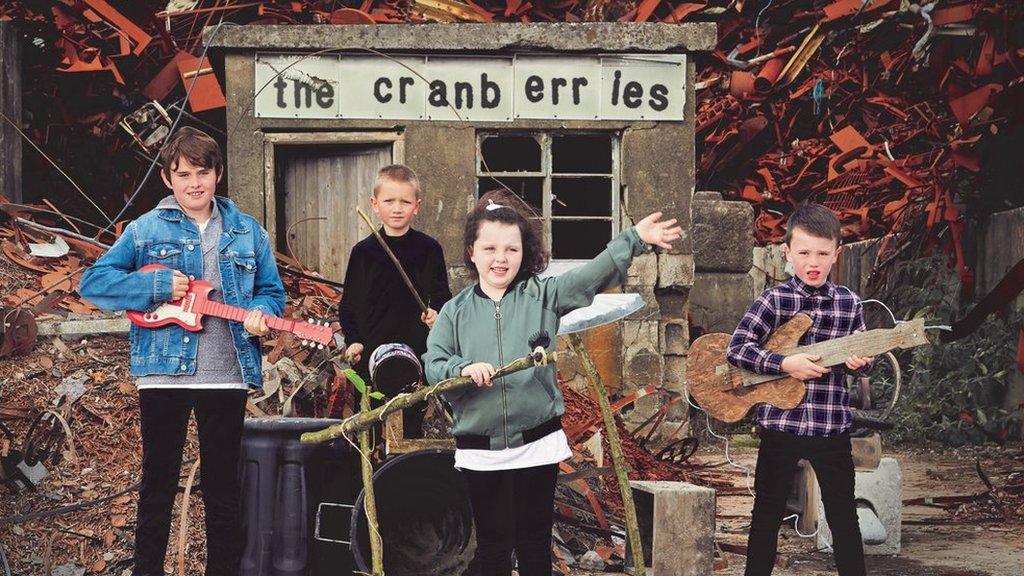
The album cover for In The End features the niece of one of O'Riordan's daughters, Emmal
During the writing phase, what were the themes Dolores was thinking about?
Noel: It was mostly about what was going on in her life up to 2017. She'd been recently divorced, and she had been diagnosed with bipolar. She had an ongoing problem with her back as well, which interfered with touring. So all these things had been going on and she finally felt she could put them behind her.
It's just unfortunate that, with everything that's happened since then, people might look at it a different way.
Yes, these songs were clearly not written as an epitaph.
Noel: Some people will see that in it, but Dolores didn't have a crystal ball. She couldn't see into the future, she had absolutely no way of knowing what was going to happen. So she was just writing this album and hopefully would have gone on to write many more.
The title track, In The End, is very moving. It seems to tell the story of the band.
Noel: That song is so apt in many ways for the band and for the album. It was the perfect song to finish the recording sessions with, because I think the three of us knew that was the last time we'd be in a studio together working on a Cranberries album.
You know, even before we even met Dolores, we'd left school and started this band and we've been playing together ever since. So this was a nice way to finish up that long 30 years together.
Allow YouTube content?
This article contains content provided by Google YouTube. We ask for your permission before anything is loaded, as they may be using cookies and other technologies. You may want to read Google’s cookie policy, external and privacy policy, external before accepting. To view this content choose ‘accept and continue’.
What were your first impressions of Dolores, all those years ago?
Mike: We used to rehearse in a studio in Limerick, and she showed up to an audition with a keyboard, kind of shy-like but very confident in her singing.
Noel had the chord sequence for Linger, so we gave her a tape with Linger on it and she came back about a week later with the lyrics finished and started singing it to us. We were blown away.
Fame didn't always sit well with Dolores. How did you look after each other on the road?
Noel: We'd always watch each other's backs, especially for Dolores. She'd feel the pressure of everyone wanting a piece of her, and wanting to do interviews and photo sessions.
So we'd always offer our assistance: "Do you want one of us to sit in with you?" or "Do you want one of us to do it instead of you?" We always had that support, because she did find it very hard. We didn't envy her at all.
Now that the album's out, have you given any consideration to what comes next?
Fergal: It's really hard to put it into words, because it felt like this day would never come and now that we're here, it will probably hit us a bit more. Normally at this point, you'd be getting ready to tour for the next two years, and unfortunately we can't do that.
Noel: It isn't something we've really thought about because we've been so busy. The one thing we can agree on is we all still want to do music. It's really hard to turn your back on it after doing it this long. So I guess after the summer, we'll make decisions on what it is we do next.
The response to the album has been really positive, which must be satisfying.
Noel: It's been amazing. For us, it validates what we did. It shows that we did the right thing. We didn't want to destroy the legacy of the band.

Follow us on Facebook, external, on Twitter @BBCNewsEnts, external, or on Instagram at bbcnewsents, external. If you have a story suggestion email entertainment.news@bbc.co.uk, external.
- Published15 January 2019
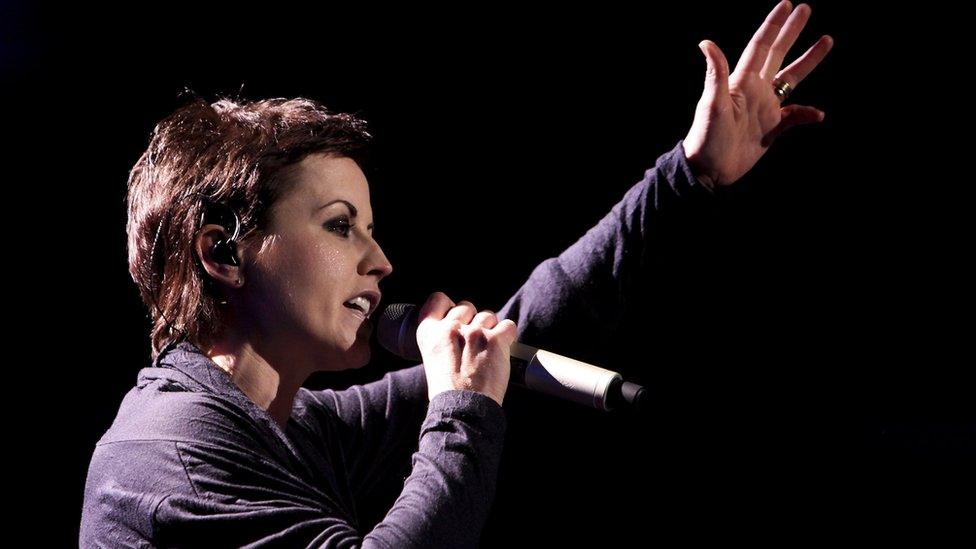
- Published6 September 2018
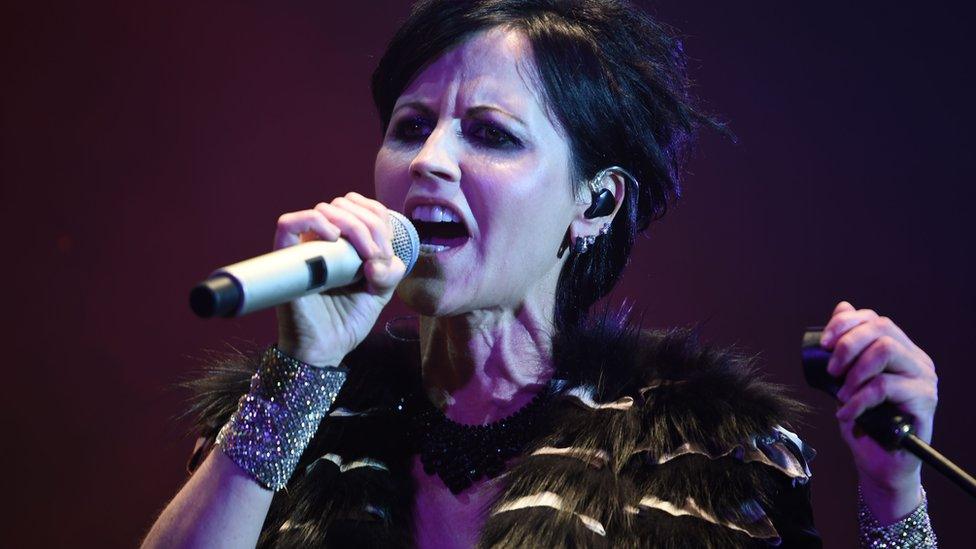
- Published16 January 2018
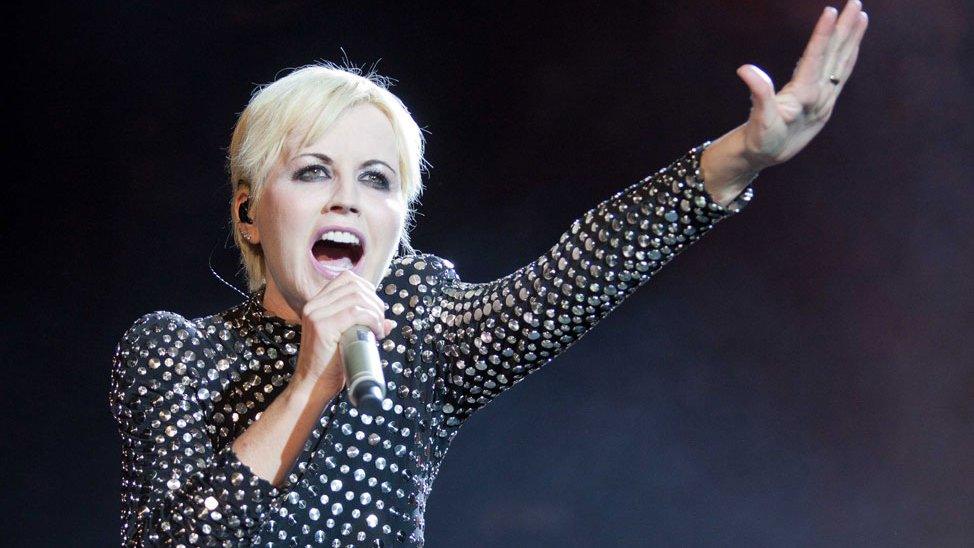
- Published16 January 2018
